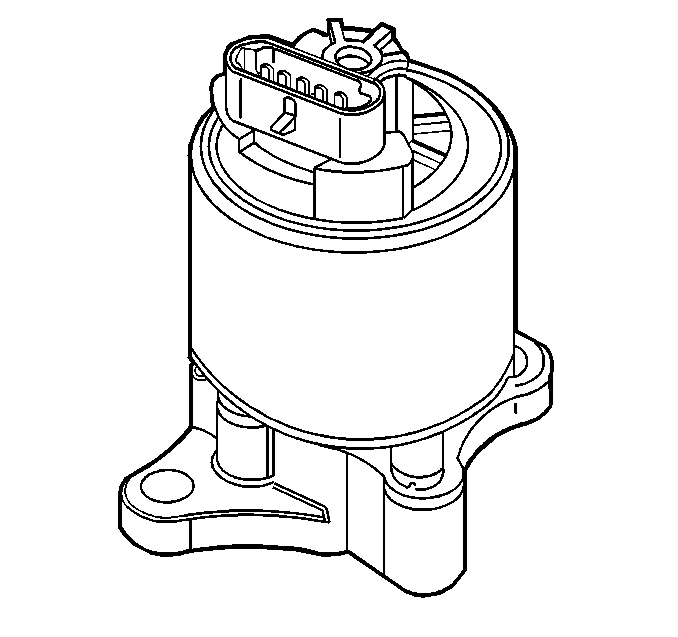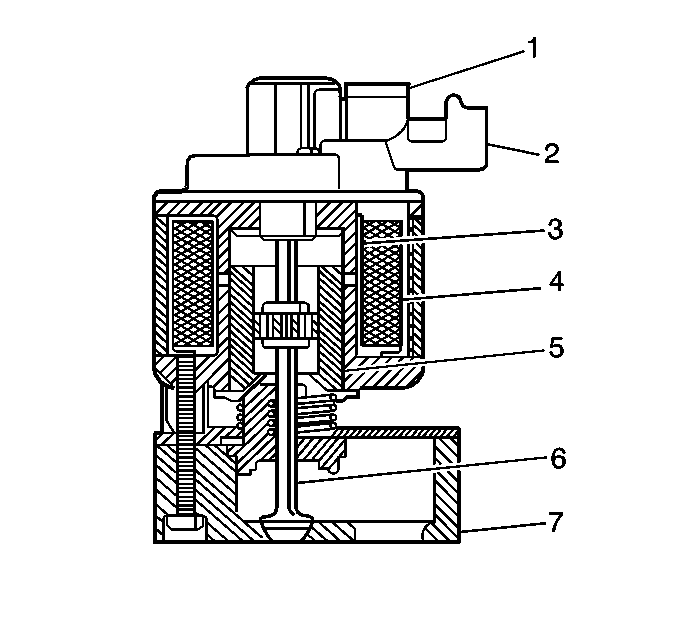Linear EGR Valve

Purpose
The exhaust gas recirculation (EGR) system is used to lower the oxide
of nitrogen (NOx) emission levels caused by high combustion temperatures.
The EGR system does this by decreasing the combustion temperature.
The main element of the system is the linear EGR valve. The EGR valve
feeds small amounts of exhaust gas back into the combustion chamber. With
the fuel/air mixture diluted by the exhaust gases, the combustion temperatures
are reduced.
Operation



